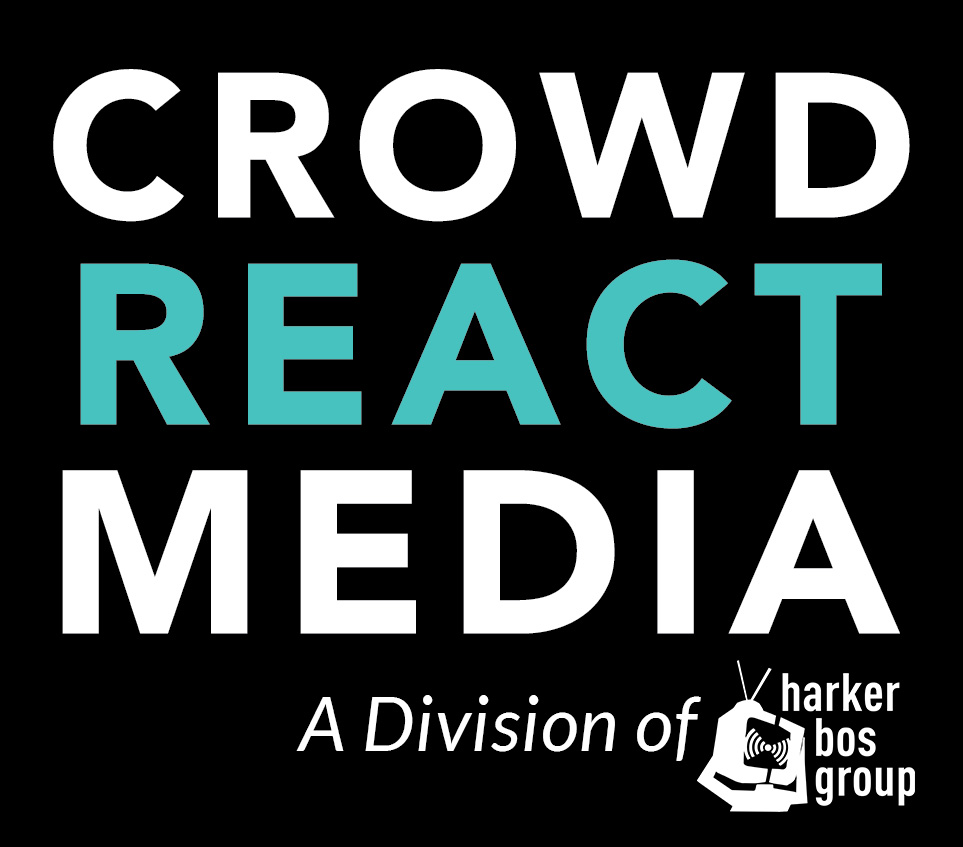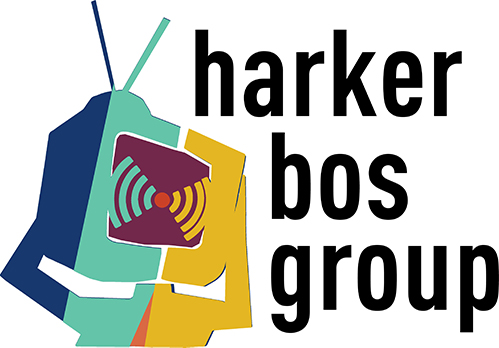Weekly Roundup – January 2nd, 2024
Roundup Links
The Sports-Betting Traders Deciding How Much You Win Or Lose
"...Sports-trading desks are similar to equity-trading desks on Wall Street, which enable investors to buy and sell stocks and bonds. However, the sports desks create odds to influence and entice bets in a live market where hundreds of millions of dollars are exchanged on American athletic events.
...
Sports betting has become big business for gambling companies, sports leagues and media outlets over the past five years. By the time your finger taps the glass of a smartphone screen to place a bet, a sportsbook trading desk powered by algorithms and raw data on past and current games has made its best guess of what is likely to play out on the field.
FanDuel’s algorithm simulates each play of a football game 10,000 times to try to predict the outcome, who might score a touchdown or how many yards a wide receiver might get.
While financial markets typically operate within set trading windows, sportsbooks add new markets—additional betting offerings—around the clock. If a trader needs to step away for a quick break, another steps in."
Why The NFL Killed NBA Christmas
"Inflation can make the rich even richer, given their disproportionate ability to own and hold certain assets. But I’m not talking about the American economy. Instead, I’m referring to why the NFL stole Christmas from the NBA, a theft that appeared all the more brutal as the numbers rolled out.
Last year, the NFL flooded the zone with three Sunday Christmas games for the first time ever, roughly 5X’ing the NBA’s viewership. This year, the NFL flooded again with three Monday Christmas games, roughly 10X’ing basketball’s viewership. Or, as Sports Media Watch put it, “NBA Christmas viewership sacked by NFL.”
There’s an odd reason for why this takeover happened recently. It’s a conquest with roots in how audience figures have been newly pumped up by Nielsen, a situation that benefits the sport with the biggest audience. Overall, this story is about an inflationary Nielsen reform, one that was supposed to help all of the sports leagues, but appears to have burned the NBA."
Disney Nears Advertising Sellout In College Football Playoff 10th Year
"College football comprised a large chunk of ESPN’s $3.6 billion of advertising revenue during fiscal 2023, a tally that came in flat compared with the prior year. (Ad revenue across all of Disney totaled $11.5 billion.) Measurement firm EDO’s research found viewers to be 3% more likely to search for brands shown during games on ABC/ESPN compared with viewers of rival broadcast and cable networks in primetime. On social media, college football content registered a 7% increase in average daily unique users over 2022 levels, with healthy gains in minutes spent, page views and visits. Advertisers on college games, EDO found, get a return equivalent to nearly six ad units on competitive networks during prime time.
Viewership has been strong, with only the NFL proving a bigger draw. Fox aired the year’s top telecast, Michigan vs. Ohio State, which attracted 19.1 million viewers in November. Across linear and streaming, Disney recorded its second most-watched regular season since 2016, averaging nearly 1.7 million viewers per game across ABC, ESPN, ESPN2 and ESPNU, including 21 of the top 50 games overall. ESPN+ posted record numbers, with unique viewers and minutes of viewing climbing a respective 3% and 8% over last year."
Boom In A.I. Prompts A Test Of Copyright Law
"The boom in artificial intelligence tools that draw on troves of content from across the internet has begun to test the bounds of copyright law.
Authors and a leading photo agency have brought suit over the past year, contending that their intellectual property was illegally used to train A.I. systems, which can produce humanlike prose and power applications like chatbots.
Now they have been joined in the spotlight by the news industry. The New York Times filed a lawsuit on Wednesday accusing OpenAI and Microsoft of copyright infringement, the first such challenge by a major American news organization over the use of artificial intelligence.
The lawsuit contends that OpenAI’s ChatGPT and Microsoft’s Bing Chat can produce content nearly identical to Times articles, allowing the companies to “free-ride on The Times’s massive investment in its journalism by using it to build substitutive products without permission or payment.”
Few Changes As FCC Sees Media Rules As 'Backstop' Against 'Excessive' Consolidation
"In a 3-2 vote that split along partisan lines, the Federal Communications Commission on Tuesday released its long-awaited media decisions as its 2018 quadrennial review proceeding. For broadcasters seeking a relaxation in the limits, the order largely brought disappointment with the majority keeping nearly all the current restrictions on local radio and television in place with only minor adjustments along the regulatory fringes.
“For decades, the FCC has had rules that limit the number of broadcast stations a single entity can own,” Chair Jessica Rosenworcel said, adding that the agency has long been guided by whatever promotes localism, competition, and diversity of ownership. “Even as times change, these values remain,” she said.
The result is the Commission rejected efforts by the radio industry to significantly rewrite local radio ownership rules, or at the very least see fewer limits on how many AM stations a company could own in a market to reflect what many in the industry say are the new realities of radio. The order (MB Docket No. 18-349) keeps the limit of up to eight stations per market per owner, with no more than five on one band in the biggest metros."
Global Giants Gear Up To Build Streaming Model 2.0
"It’s official: this year has marked the end of the era of the winner-takes-all battle for global streaming supremacy.
After a dire 2022, when investors turned on the profligate spending and seemingly endlessly loss-making strategies employed by the global giants as a result of the abrupt and dramatic post-pandemic slowdown in subscriber growth, this year has been about building streaming model 2.0.
For some, such as Disney and Warner Bros Discovery, which runs the streaming services Max and Discovery+, it has been a harsh reality check. For others, most notably Netflix, it has proved a return to form at the top of the market.
Initiatives including a global crackdown on password sharing and the introduction of a cheaper ad-supported tier to appeal to increasingly cost-conscious consumers amid the cost of living crisis has reignited subscriber growth at the world’s biggest streaming service."

